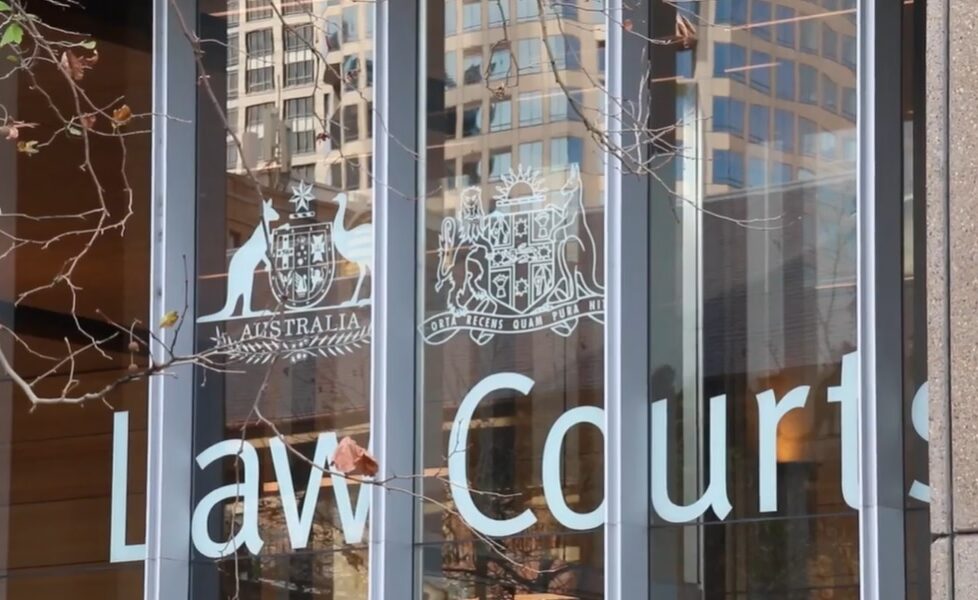Australia Court Finds Vanguard Guilty in Greenwashing Suit

A federal court in Australia released a ruling today, finding that Vanguard Investments Australia was guilty of making misleading claims about one of its ESGEnvironmental, social, and governance (ESG) criteria are a set of standards for a company’s operations that socially conscious investors use to screen potential investments. More funds, including failing to exclude investments in companies with fossil fuel activities from the fund as claimed in its communication materials and disclosures.
The suit against Vanguard was launched last year by Australia’s corporate, markets, and financial services regulator, the Australian Securities & Investments Commission (ASIC), forming part of a series of greenwashing-focused actions by the regulator, including cases against Marsh McLennan company Mercer Superannuation and superannuation fund Active Super. The cases follow a warning by ASIC Chair Joseph Longo to providers of investment funds and financial products that the regulator was watching out for misleading sustainability claims, and that it was providing guidance for fund managers and issuers to keep clear of greenwashing.
The finding marks the first greenwashing civil penalty action for ASIC. Following the judgement, ASIC Deputy Chair Sarah Court said that the case “sends a strong message to companies making sustainable investment claims that they need to reflect the true position.”
Court added:
“‘As ASIC’s first greenwashing court outcome, the case shows our commitment to taking on misleading marketing and greenwashing claims made by companies in the financial services industry.”
Vanguard’s ESGEnvironmental, social, and governance (ESG) criteria are a set of standards for a company’s operations that socially conscious investors use to screen potential investments. More fund, the Vanguard Ethically Conscious Global Aggregate Bond Index Fund, was launched in 2018, and designed to offer investors with exposure to international fixed income investments, screened to exclude companies with activities related to areas including fossil fuels, alcohol and tobacco, among others. The fund followed the Bloomberg Barclays MSCI Global Aggregate SRI Exclusions Float Adjusted Index, which Vanguard claimed excluded issuers with significant activities in these areas. Assets under management in the fund was greater than A$1 billion.
In the suit, however, ASIC alleged that ESGEnvironmental, social, and governance (ESG) criteria are a set of standards for a company’s operations that socially conscious investors use to screen potential investments. More research was not conducted over a significant proportion of the bond issuers in the fund, exposing investors to investments with ties to fossil fuels, including issuers such as Chevron Phillips Chemical and Abu Dhabi Crude Oil Pipeline, among others.
Following the launch of the suit in 2023, Vanguard said that it self-identified and self-reported to ASIC in early 2021, after discovering that the descriptions of the exclusionary screens made by the index provider and in Vanguard’s disclosure statements “did not provide a sufficiently detailed explanation that certain debt issuers lacking research coverage were still included in the benchmark,” making it possible for the fund to hold securities “that may not have been reasonably expected by investors.” Vanguard added that it informed investors and enhanced the disclosure of the fund.
The investment manager also admitted in a hearing in court that it had made false and misleading claims about the fund.
The case will now advance to a hearing in August to consider penalties for the investment manager.